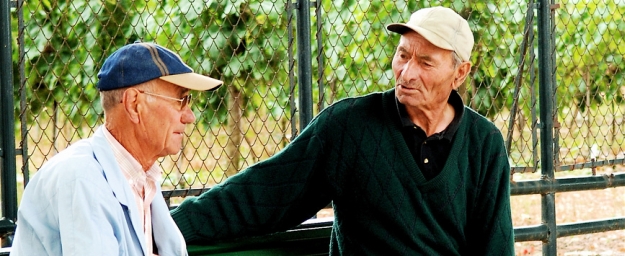Defined as “individuals with innovative solutions to society’s most pressing social problems” by Ashoka.org, social entrepreneurship is on the rise. Small Business Trends takes a look at this trend and wonders, what makes it so popular?
This rise in the popularity begs the question: why do people become social entrepreneurs? There are, no doubt, numerous factors, but one possibility that intrigues me is genetics.
Some people may be innately predisposed to become social entrepreneurs. At the moment, this is only a hypothesis. I have no direct evidence to support my assertion. Moreover, even if genetic factors influence are found to the decision to become a social entrepreneur, those effects may be miniscule in comparison to other factors.
Nevertheless, there is data to suggest that this hypothesis is worth considering. Research shows that our genes influence how altruistic we are. For instance, one study by Ronald Kessler and his associates show that genetics accounts for about 30 percent of the difference between people in “normative altruism obligation,” which captures the duty people feel to engage in charitable activities, such as volunteering money or time for social causes.
One might expect that altruistic people are more likely than non-altruistic people to choose jobs–like joining the Peace Corps–that involve helping others at expense to themselves. After all, research by Lauren Keller and her associates shows that genetic effects account for 37 percent of the differences between people in preference for work environments “in which moral values, social service, and concern for coworkers are stressed.”
Genetics influences the tendency to be an entrepreneur. It also influences people’s choice of a variety of occupations. So it makes sense to believe that genetics would influence the tendency to choose the most altruistic type of entrepreneurship — social entrepreneurship.
Photo by pedrosimoes7
